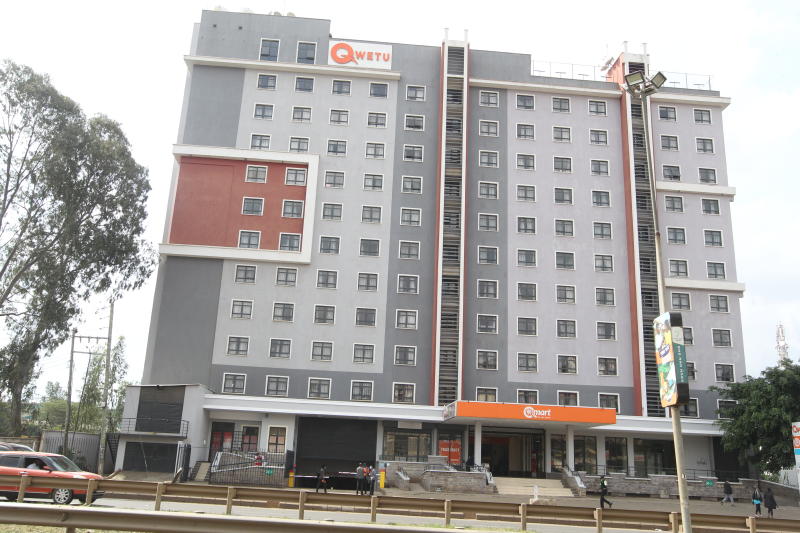×
The Standard e-Paper
Smart Minds Choose Us

Many on-campus living quarters for students are not known for comfort; they are spartan at best.
But this perspective is changing, with developers pulling all stops to make the experience for university and college students as comfortable as possible.







